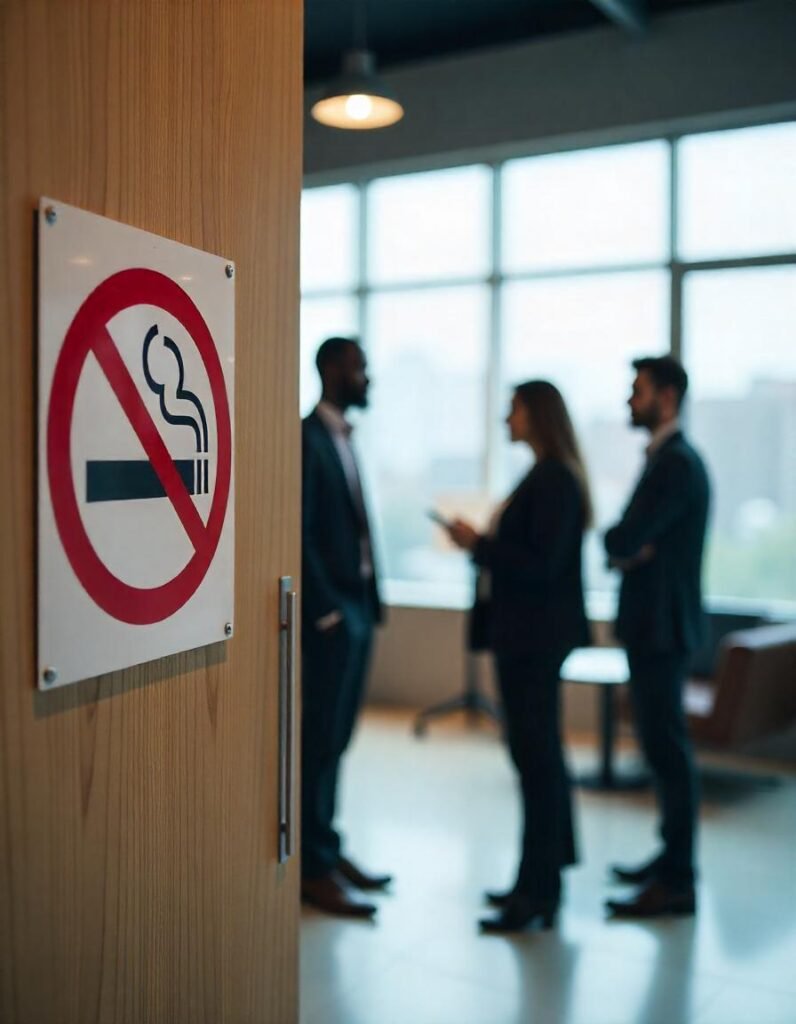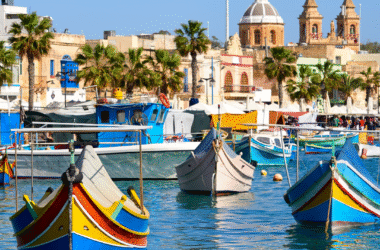Malta, despite being a small island nation in the Mediterranean, has established itself as an important centre for business and economic activity. With a stable economy that has recently achieved 5% GDP growth and is forecasted to grow at a steady rate of 3% in the coming years, it offers significant opportunities for businesses and professionals to thrive.
In this article, we’ll share an overview of what to expect from the business environment and culture in Malta, covering its economic sectors, professional practices, and social customs.
Economy and Key Sectors
Malta’s economy is diverse, with tourism, financial services, and manufacturing as its main sectors. The government promotes the country’s historical and cultural attractions to complement the traditional focus on sun-and-sea tourism. (Check out Malta’s National Tourism Strategy, which is based on a policy framework for the tourism industry for the period 2021-2030.)
Financial services have grown significantly, including insurance, investment services, and e-commerce. Manufacturing focuses on industries like pharmaceuticals, electronics, and light engineering. The country is also developing as a hub for technology, including digital startups and online gaming enterprises, particularly at Smart City near Valletta.
Malta’s Freeport in Birzebbuga supports trade and logistics while tourism and related services continue to drive job opportunities. The unemployment rate decreased to 3.10 per cent in the third quarter of 2024 from 3.20 per cent in the second quarter of 2024.
You Might Also Be Interested in: Malta’s Business Incentives
Business Practices and Etiquette
Communication and Meetings

In Malta, trust is an important aspect of business relationships. People are generally friendly and approachable. Business meetings often begin with small talk to establish rapport.
Meetings are typically scheduled two to three weeks in advance, and punctuality is appreciated. The majority of Maltese are bi-lingual, and English is spoken in business circles.
During discussions, it is common for conversations to be animated, but politeness and patience are expected, even in disagreements. Handshakes and business card exchanges are standard practices.
Dress Code
Business attire is formal for men and women, with suits being the preferred choice. In creative industries like advertising or IT, slightly less formal clothing may be acceptable. Jackets are often removed during the summer months.
Gift Giving
While not mandatory, small gifts such as local specialities or corporate items are appreciated during business meetings. Arriving empty-handed is not seen as an issue, nevertheless.
Work Culture and Employment
The average workday in Malta runs from 8:30 AM to 5:30 PM, with a focus on teamwork and direct communication. Employees are expected to work independently while contributing to group efforts. Roles and responsibilities are clearly defined within organizations.
The labour market offers opportunities in tourism, IT, financial services, and manufacturing. Malta has become an attractive destination for digital entrepreneurs and professionals, particularly in industries like online gaming and software development.
EU citizens can easily relocate to Malta by applying for residency if staying longer than three months. Non-EU citizens must secure a work permit before arriving.
For further assistance in this direction, feel free to contact us, explaining your situation and the type of help you need.
Social Norms and Practical Information

Smoking and Mobile Etiquette
Smoking is banned in enclosed public spaces. Mobile phones are widely used, but using them while driving is illegal. Prepaid SIM cards are easy to find, and free WiFi is available in many cafes, restaurants, and public areas.
Cultural Values
Maltese people are known for their tolerance and openness to different customs and beliefs. Mixed marriages are common, reflecting this inclusiveness. However, topics like politics, religion, and family are considered personal and should be approached carefully in conversations.
Environmental and Social Responsibility
Malta prioritizes sustainable development and environmental protection. The government, through the Malta Environment and Planning Authority (MEPA), works to protect natural reserves and manage ecological resources, while environmental policies aim to balance development with conservation.
Important Considerations for Doing Business
While we’ve covered a thorough guide for expats interested in starting a business in Malta, we’ll briefly share some key points to consider:
- Trust and Rapport: Building personal connections is significant for effective collaboration.
- Professionalism: Adhering to formal business practices, such as punctuality and polite communication, is appreciated.
- Cultural Awareness: Respecting local customs and values helps establish mutual understanding and find common ground.
Final Thoughts
As Malta continues to grow as a business hub, it’s always a good idea to learn how things work here so you can make the most of the available opportunities. From the focus on building trust to the emphasis on personal relationships, there’s a lot to learn when it comes to the business environment and culture in Malta.
We hope this article gave you some useful insights, and remember to stay tuned for more updates!







